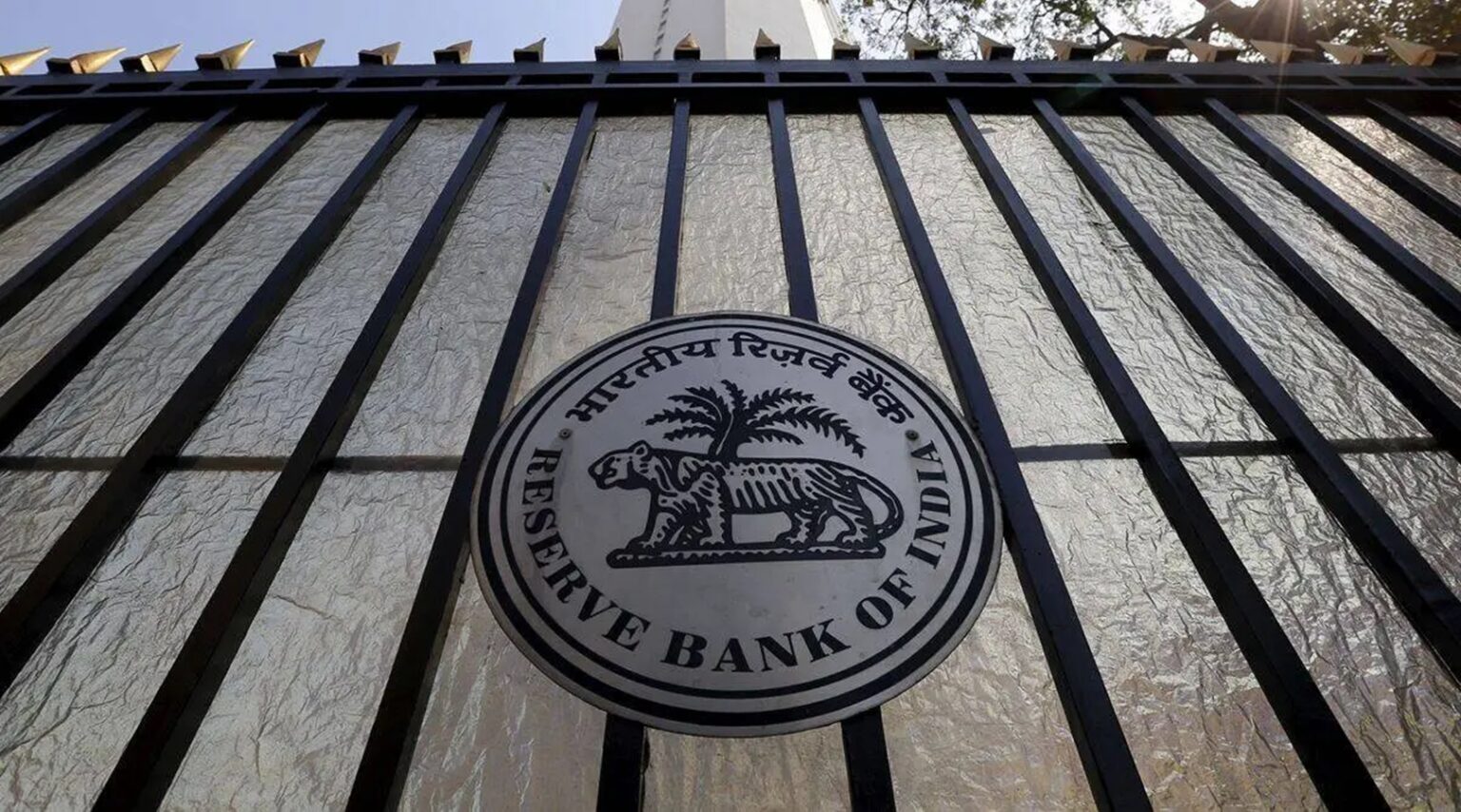Food inflation plays a crucial role in shaping the Reserve Bank of India’s (RBI) monetary policy, as it directly influences both consumer prices and overall economic stability. The uncertainty surrounding food inflation can have several implications for the RBI’s policy decisions.
Impact on Inflation Targets: Food inflation contributes significantly to the Consumer Price Index (CPI), which is the primary measure of inflation for the RBI. Persistent or unpredictable food price changes can lead to deviations from the RBI’s inflation targets. When food prices rise sharply, it can push up the CPI, potentially prompting the RBI to take corrective measures such as increasing interest rates to control overall inflation. Conversely, if food inflation is volatile and unpredictable, it can complicate the RBI’s ability to set appropriate policy rates.

Source:- news 18
Policy Flexibility: Uncertainty in food inflation can reduce the RBI’s policy flexibility. When food prices are highly volatile, the RBI may face challenges in forecasting future inflation trends accurately. This uncertainty can make it difficult to gauge the appropriate stance for monetary policy, leading to more cautious or reactive policy adjustments. The RBI might adopt a more conservative approach, such as incremental changes in interest rates or maintaining a neutral stance, to avoid exacerbating inflationary pressures.
Source:- BBC news
Economic Growth Considerations: The RBI must balance inflation control with the need to support economic growth. High food inflation can erode consumer purchasing power, potentially dampening economic activity. If the RBI responds to food inflation by tightening monetary policy too aggressively, it could negatively impact economic growth and employment. Therefore, the RBI must carefully consider the trade-offs between controlling inflation and supporting growth when food price uncertainties are significant.
Communication and Expectations Management: The RBI’s communication strategy becomes critical during periods of food inflation uncertainty. Clear and transparent communication helps manage public and market expectations, reducing the risk of inflationary spirals and ensuring that monetary policy decisions are understood and anticipated by stakeholders.
In summary, food inflation uncertainty affects the RBI’s policy by complicating inflation targeting, reducing policy flexibility, influencing economic growth, and emphasizing the need for effective communication. The RBI must navigate these challenges to ensure both price stability and economic growth.
Share your views in the comments

